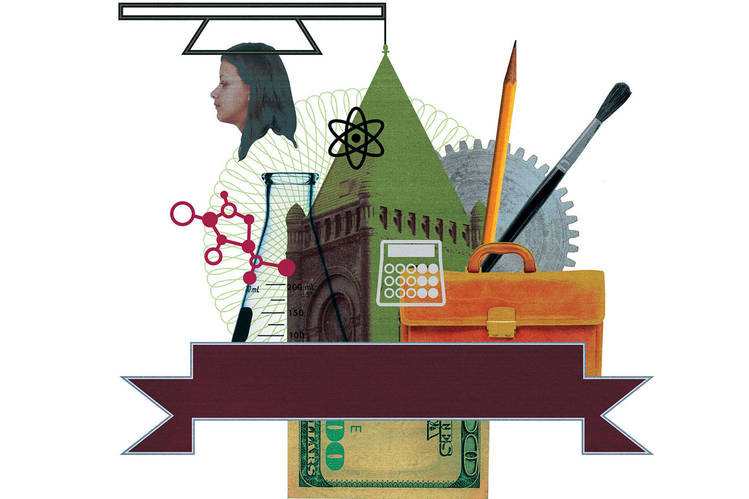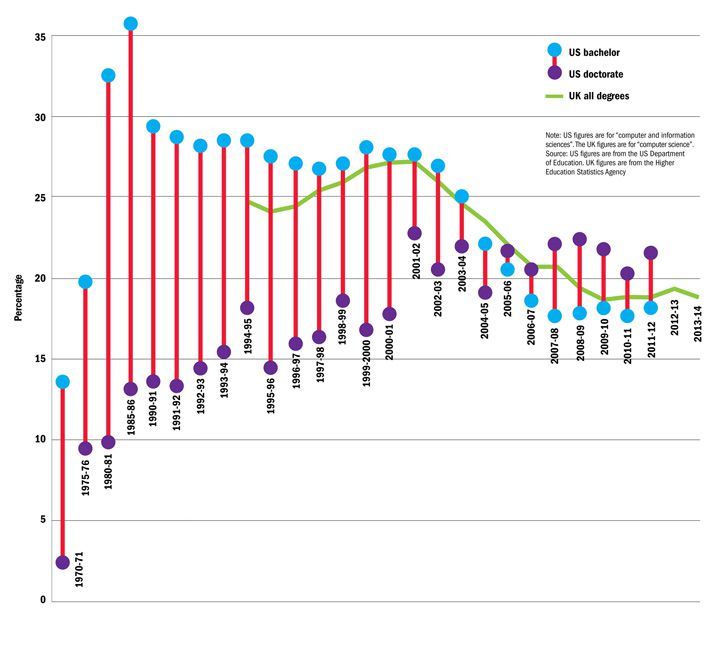I just read this great article in the Atlantic.
80 MILLION Americans have an IQ of 90 or below. What is your first gut reaction about those people when you hear that?
Throughout human history, the most valuable substance on Earth has been… the human brain. Even the dimmest of humans can be taught to do tasks that we still have trouble getting machines to do.
But that is changing rapidly. And just like jobs that require “muscle” (agriculture, manufacturing) have mostly disappeared, jobs that require structured thought (finance, law) are starting to disappear as well.
So that piece of wetware in your skull is going to be scrutinized further and further, as its economic value plummets and your worth as a cog in the GDP falls with it.
Source: The War on Stupid People



